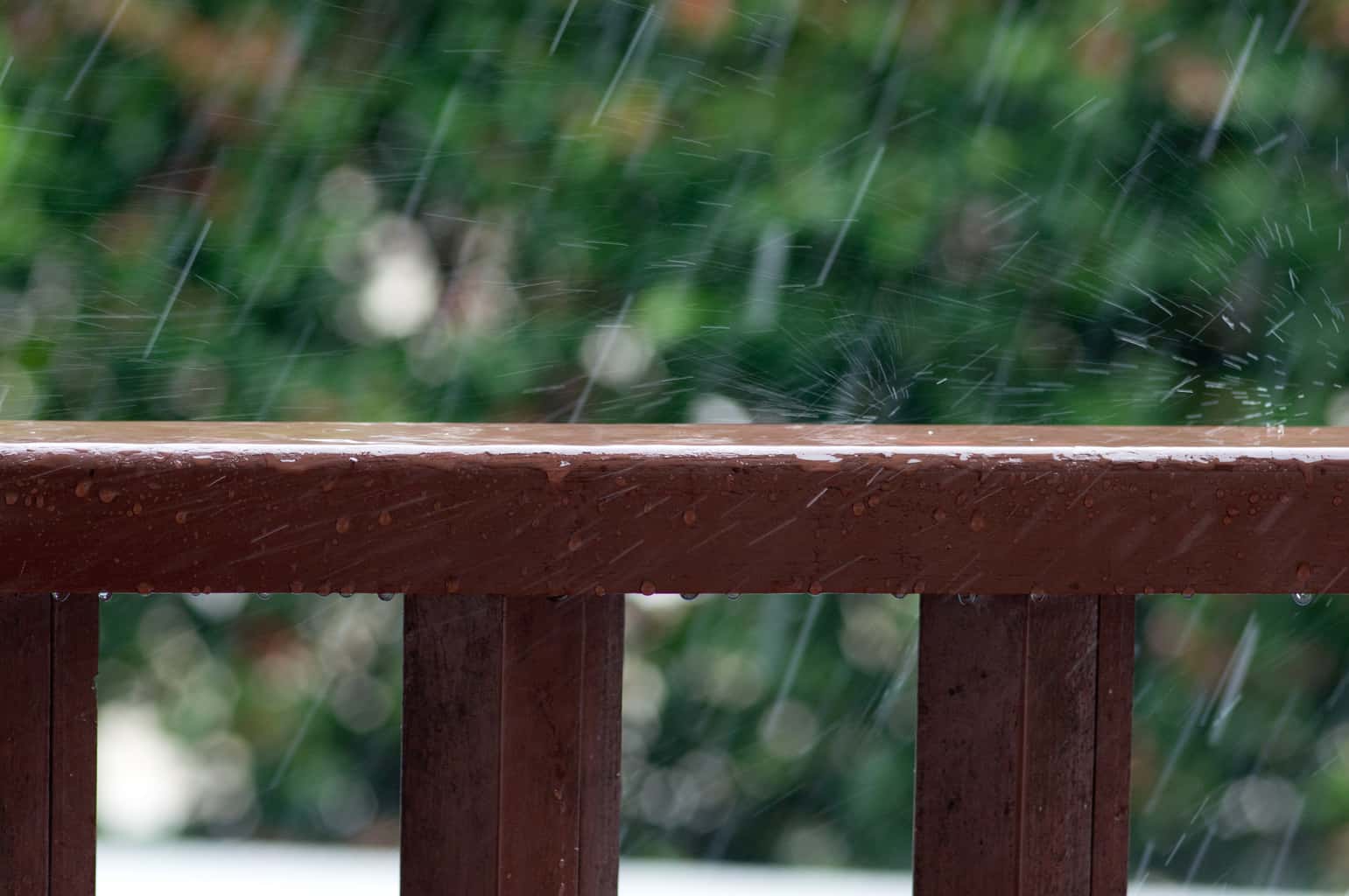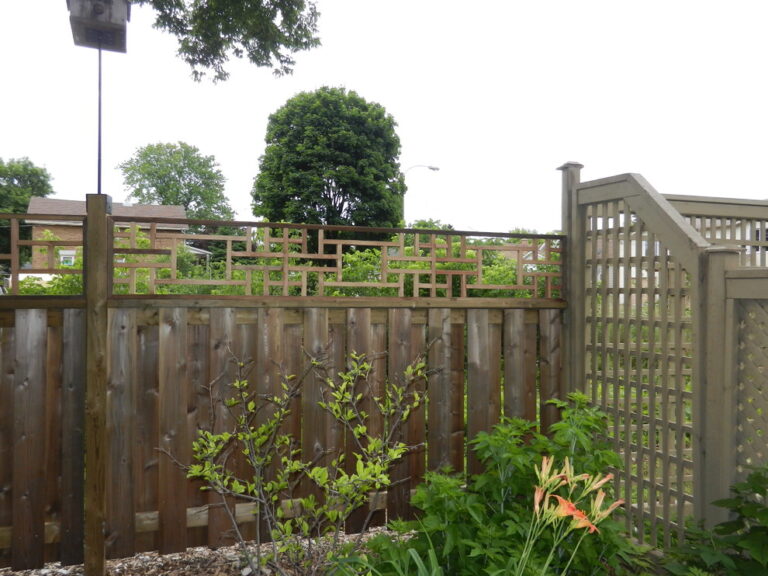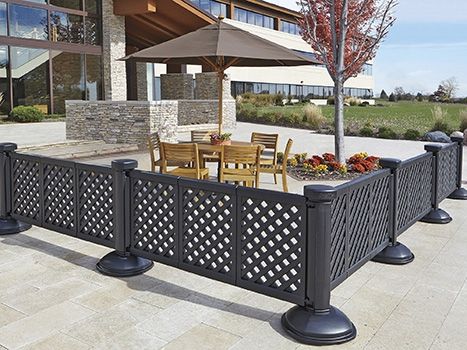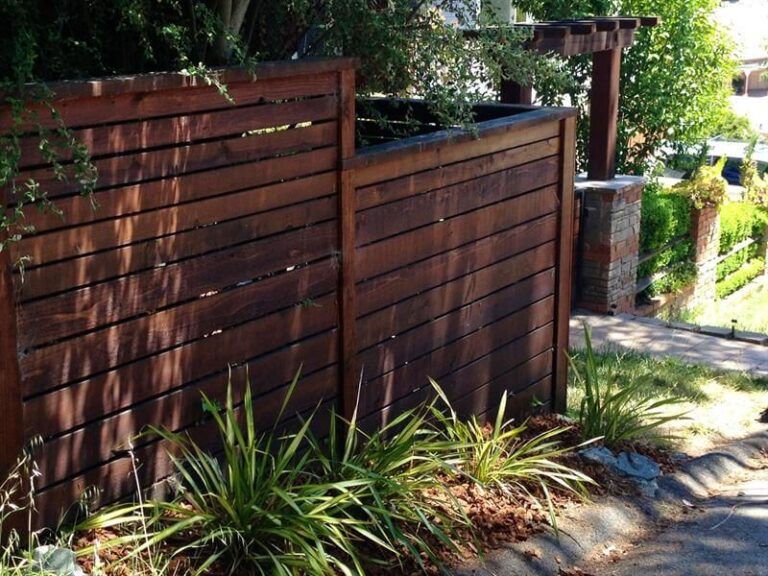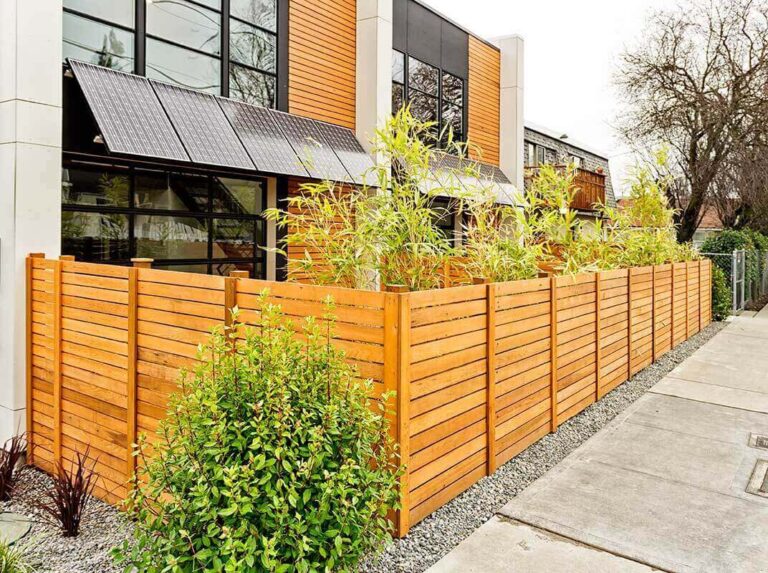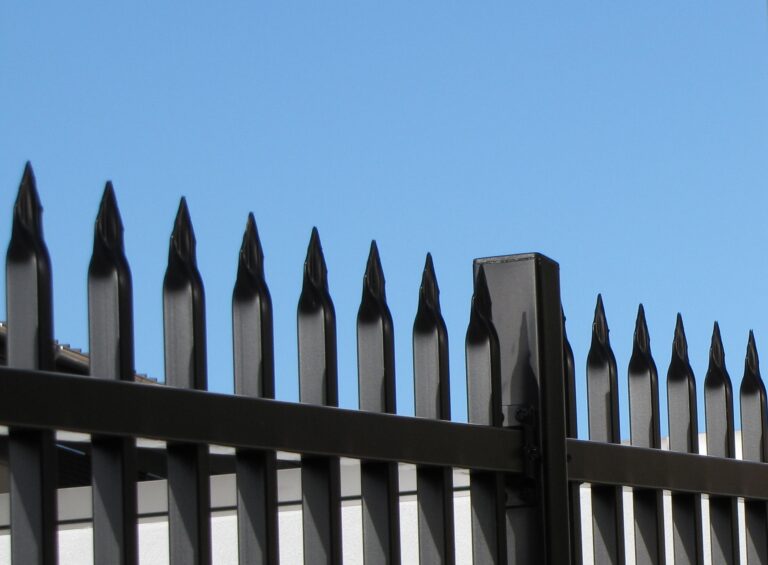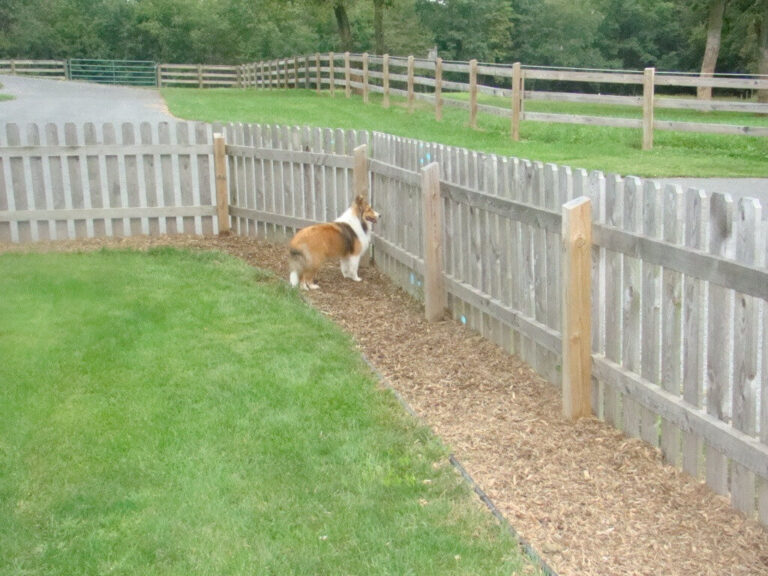When choosing fencing in extreme rainy areas, opt for materials like vinyl or aluminum for durability and resistance to water damage. It’s important to consider the longevity and maintenance needs of the fencing material to ensure it can withstand the effects of heavy rain and moisture.
Living in an area with extreme rainfall poses unique challenges when it comes to maintaining a secure and appealing property.
The right fencing choice can make a significant difference in withstanding the elements and reducing the need for frequent repairs or replacements.
The key is to select a fencing material that offers waterproof and rust-resistant properties, such as vinyl or aluminum.
This article will provide valuable tips for choosing the most suitable fencing options for extremely rainy areas, allowing you to make an informed decision that aligns with your specific needs and budget.

Understanding The Impact Of Extreme Rain On Fencing
Soil Erosion And Waterlogging
However, advancements in eco-friendly fencing materials offer a solution to these challenges.
For instance, using sustainable and durable materials such as composite fencing, which combines recycled plastic with wood fibers, can significantly reduce environmental impact while providing enhanced stability in wet conditions.
To effectively combat these challenges and discover more about these innovative solutions, it’s recommended to Explore eco-friendly fencing options.
Where a range of sustainable fencing alternatives are detailed, and designed specifically to withstand harsh environmental conditions without compromising on quality or aesthetic appeal.
Potential Damage To Fencing Materials
Extreme rain can cause the deterioration of fencing materials such as untreated wood, leading to warping, rot, and decay.
Metal fencing may experience rust and corrosion due to prolonged exposure to moisture, compromising its strength and durability.
Moreover, vinyl and other synthetic materials can become brittle and prone to cracking under the constant assault of heavy rain, impacting their longevity and performance.
Increased Maintenance Requirements
The harsh impact of extreme rain necessitates increased maintenance to preserve the functionality and aesthetics of the fencing in rainy areas.
Regular inspection and reinforcement of fence components become essential to address any damage or weakness brought about by intense rainfall.
Furthermore, applying protective coatings or treatments can offer additional resistance against water-related degradation, extending the lifespan of the fencing in extremely rainy conditions.
Key Considerations For Rain-resistant Fencing
In areas prone to heavy rainfall, choosing the right fencing is crucial to ensure durability and longevity.
Rain-resistant fencing not only provides protection for your property but also enhances its visual appeal.
Here are key considerations for selecting fencing materials and installation techniques that can withstand extreme rainy conditions.
Materials That Withstand Moisture
When selecting fencing for an area with heavy rainfall, considering materials that are resistant to moisture is essential.
Vinyl and composite are excellent choices as they are not susceptible to rot, corrosion, or warping due to moisture exposure.
Aluminum is also a durable option, as it is unaffected by water, making it ideal for rainy environments.
Using these materials ensures that your fence remains strong and visually appealing, even in extremely rainy conditions.
Proper Installation Techniques
Effective installation is key to ensuring rain-resistant fencing. Proper drainage is essential to prevent water from pooling around the fence, which can lead to deterioration over time.
Prioritizing well-compacted soil and adequate drainage during installation can help mitigate the impact of heavy rainfall on the fence.
It is also important to ensure proper sealing and secure attachment of the materials to prevent moisture infiltration and maintain the fence’s integrity.
Maintenance And Longevity Factors
Regular maintenance is crucial for the longevity of rain-resistant fencing. Cleaning the fence regularly to remove mold, mildew, and debris helps prevent moisture-related issues.
Additionally, applying protective coatings or sealants can help enhance the fence’s resistance to water damage, ensuring its longevity in extreme rainy areas.
Choosing low-maintenance materials can also contribute to the long-term durability of the fence, reducing the need for frequent repairs and replacements.
Best Fencing Options For Extreme Rainy Areas
When it comes to extreme rainy areas, choosing the right fencing is crucial to ensure longevity and durability.
In such areas, the fencing material should be able to withstand constant exposure to moisture and prevent issues such as rot, rust, and water damage.
Let’s explore some of the best options for fencing in extreme rainy areas to help you make an informed decision.
Vinyl Fencing For Waterproof Durability
Vinyl fencing is an excellent choice for extreme rainy areas due to its waterproof properties.
It is resistant to moisture, making it highly durable and low-maintenance, perfect for withstanding heavy rain and humidity.
Vinyl fencing is available in various styles, colors, and textures, offering aesthetic versatility along with exceptional resilience against water damage.
Additionally, it does not warp, rot, or corrode when exposed to constant rain, making it an ideal option for areas with extreme rainfall.
Aluminum Fencing For Rust Resistance
Aluminum fencing is known for its exceptional rust resistance, making it a suitable choice for extreme rainy areas.
Its corrosion-resistant properties ensure that the fencing remains intact even in the harshest of weather conditions.
Additionally, aluminum fencing requires minimal maintenance and is durable, making it a practical option for areas prone to heavy rainfall.
Treated Wood Fencing For Moisture Protection
For a natural and traditional look in extreme rainy areas, treated wood fencing is a popular choice.
The treatment process involves applying preservatives that provide moisture protection, preventing the wood from rotting or decaying due to prolonged exposure to rain.
This type of fencing offers a timeless aesthetic appeal while ensuring resilience against moisture, making it a viable option for areas with extreme rainfall.

Frequently Asked Questions
What Is The Best Fence For Rainy Weather?
The best fence for rainy weather is a vinyl fence. Vinyl is weather-resistant and does not rot or warp, making it ideal for wet conditions.
It requires minimal maintenance and can withstand heavy rainfall without deteriorating.
What Is The Most Weather Resistant Fence?
The most weather-resistant fence materials include vinyl, aluminum, and composite.
These options withstand various weather conditions, such as rain, snow, and extreme temperatures, while maintaining their durability and appearance over time.
Consider these materials for a long-lasting and low-maintenance fencing solution.
Can You Put A Fence In When It’s Raining?
Yes, you can put up a fence when it’s raining. However, it may be more challenging due to wet conditions.
Be cautious of slippery surfaces and ensure the ground is firm enough for installation. Always prioritize safety and use appropriate equipment.
Conclusion
Choosing the right fencing for extreme rainy areas is crucial for the durability and resilience of your property.
By considering factors such as material, installation, and maintenance, you can ensure that your fence withstands the challenges posed by heavy rainfall.
With the right approach, you can find a fencing solution that enhances both the security and aesthetic appeal of your property.

